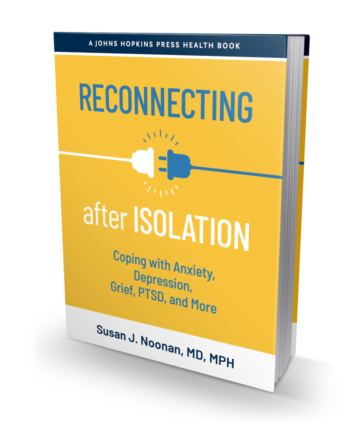It is frequently reported that females experience depression at a higher rate than males. Some reasons for these differences are thought to be factors unique to females, such as: psychologic stress managing the family, social stressors, or hormone fluctuations (estrogen and progesterone) throughout their life. This can happen during a woman’s monthly period, before and after the birth of a child (post-partum depression) and during the transition to menopause. It is also possible that we are just not identifying accurately all of the males who experience depression (see my blog dated September 8, 2013).
Some women find that their mood symptoms change as their normal reproductive hormones shift. When this happens in cycles right before their menstrual period it is called Pre-menstrual Syndrome, or PMS. PMS is a term that refers to a pattern of physical, emotional and behavioral symptoms that occur 1-2 weeks before the menstrual period and end when the period begins. Pre-menstrual Dysphoric Disorder, also called PMDD, is a more severe form of PMS with irritability as the hallmark symptom.
Women may also experience depression during pregnancy or after giving birth, when it is called post-partum depression. Then it is related to the rapid shift in hormones she is experiencing. Lastly, women going through the transition to menopause (which is when the body naturally stops hormone cycles and menstrual periods) have been noted to have episodes of depression. This is called peri-menopausal or post-menopausal depression.
One of my blog readers, Melissa Davis, was kind enough to send me an online article on this same topic recently, and asked me to share it with you. It is titled Depression in Women from www.PsychGuides.com. The article is a very simple outline of depression that occurs in different phases of a woman’s reproductive life, such as I noted above. I mention the article here because there are several things in the article that can be misleading to the general reader, and I want you to be aware of these in all sources of information you come across. First, the article has two sub-headings that state “Depression Caused by Menstruation” and “Depression Caused by Menopause”. These are not accurate statements. Neither menstruation (monthly periods) nor menopause actually cause depression. In some women who are vulnerable and who have a genetic inheritance for depression the hormonal fluctuations in estrogen and progesterone they have may make it more likely for them to experience episodes of depression. This is not cause-and-effect. A second point in the article is that the section on post-partum depression is the only place where it mentions that depression is related to a “change in the body’s brain chemistry and is considered a biologic illness”. This is true for all forms of depression, not just in the post-partum period.
The exact relationship between mood state and hormones is not fully understood but research is ongoing. One valuable and reliable resource where you can learn about current thinking and research in psychiatry and a woman’s reproductive life is the Center for Women’s Mental Health website at www.womensmentalhealth.org. This is provided by the Massachusetts General Department of Psychiatry. The website includes a library of information, a newsletter of up-to-date topics, and a blog. Topics covered include depression and PMS /PMDD, peri-natal and post-partum depression, fertility and mental health, and menopausal symptoms.
Stay well!

